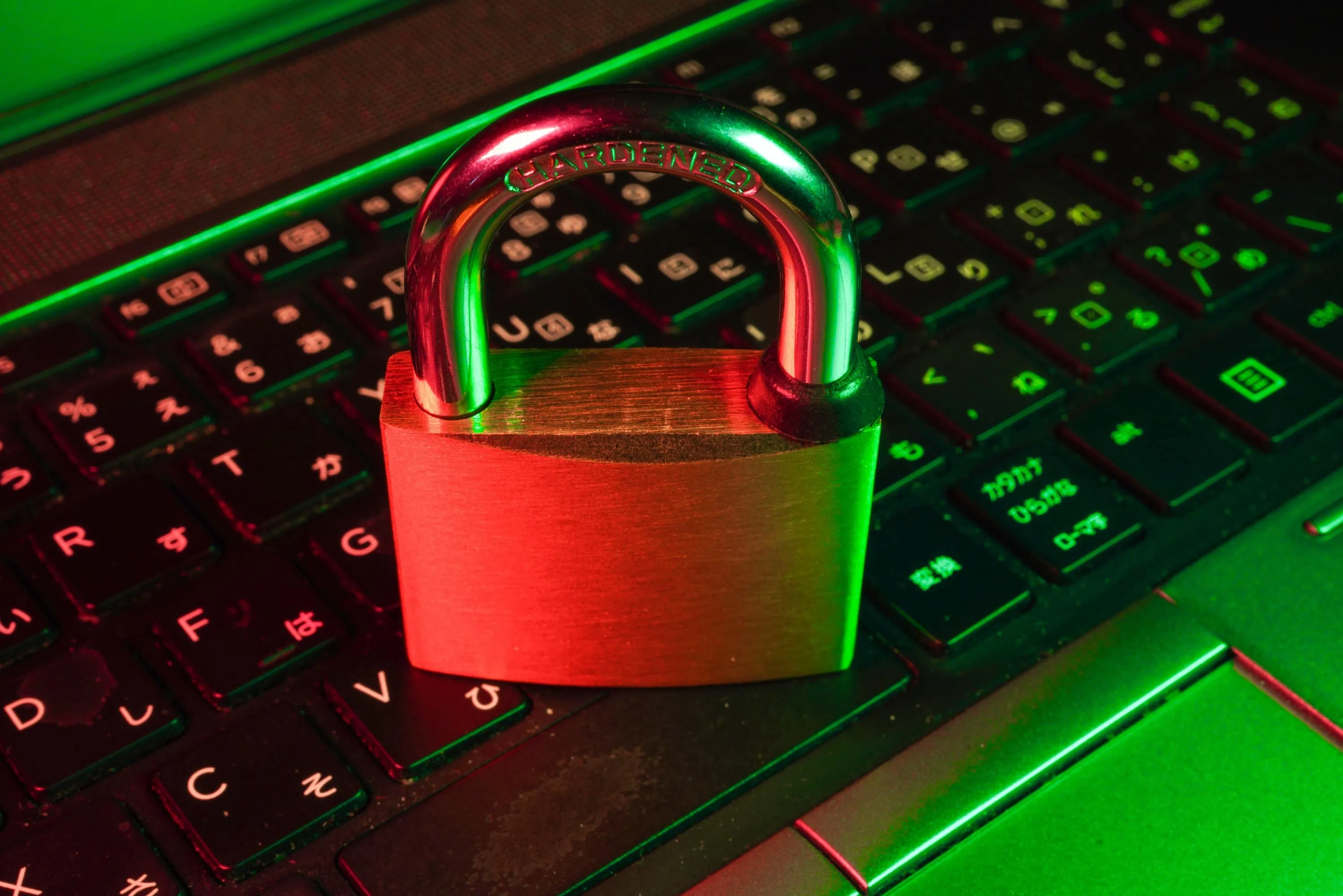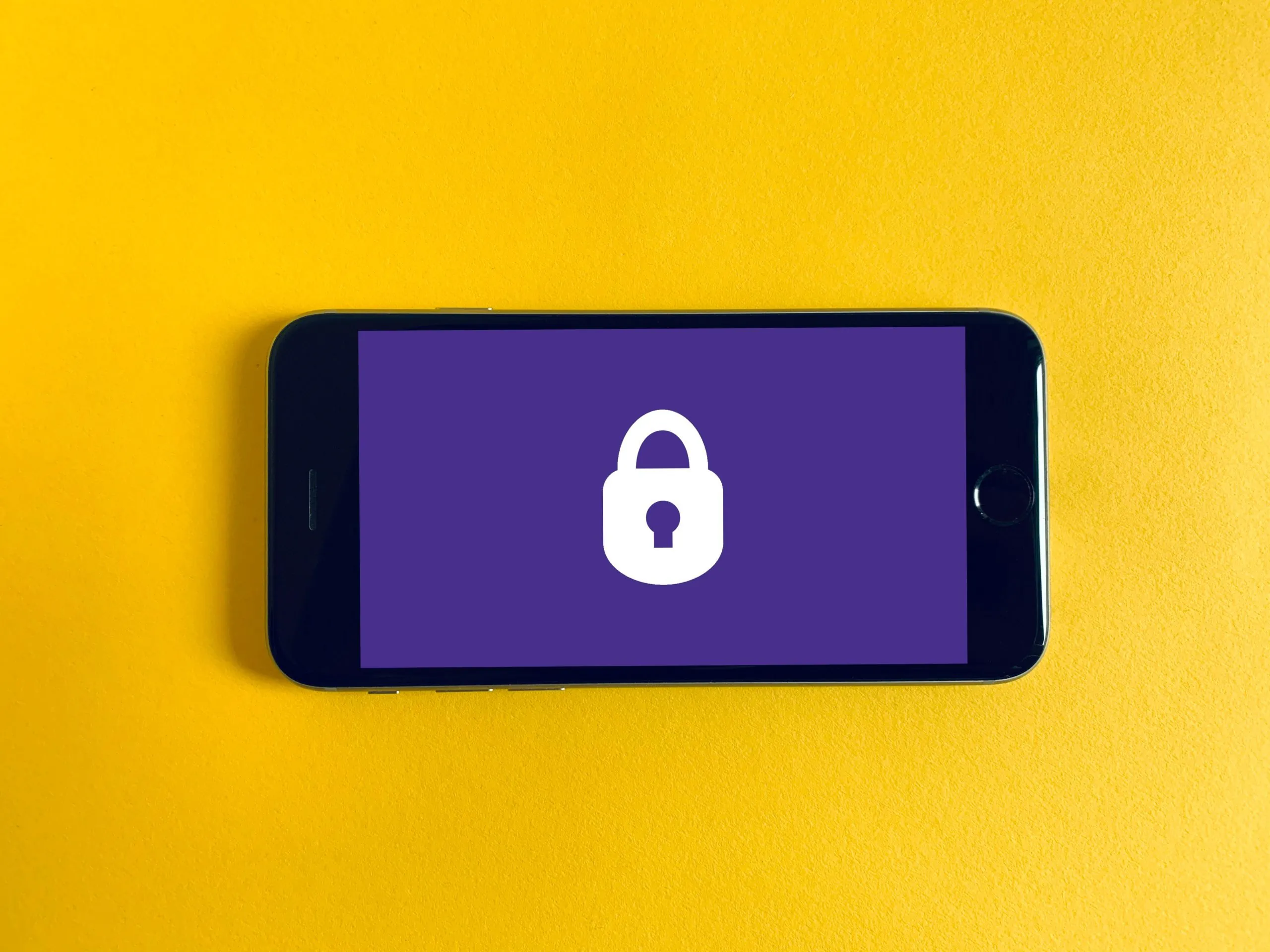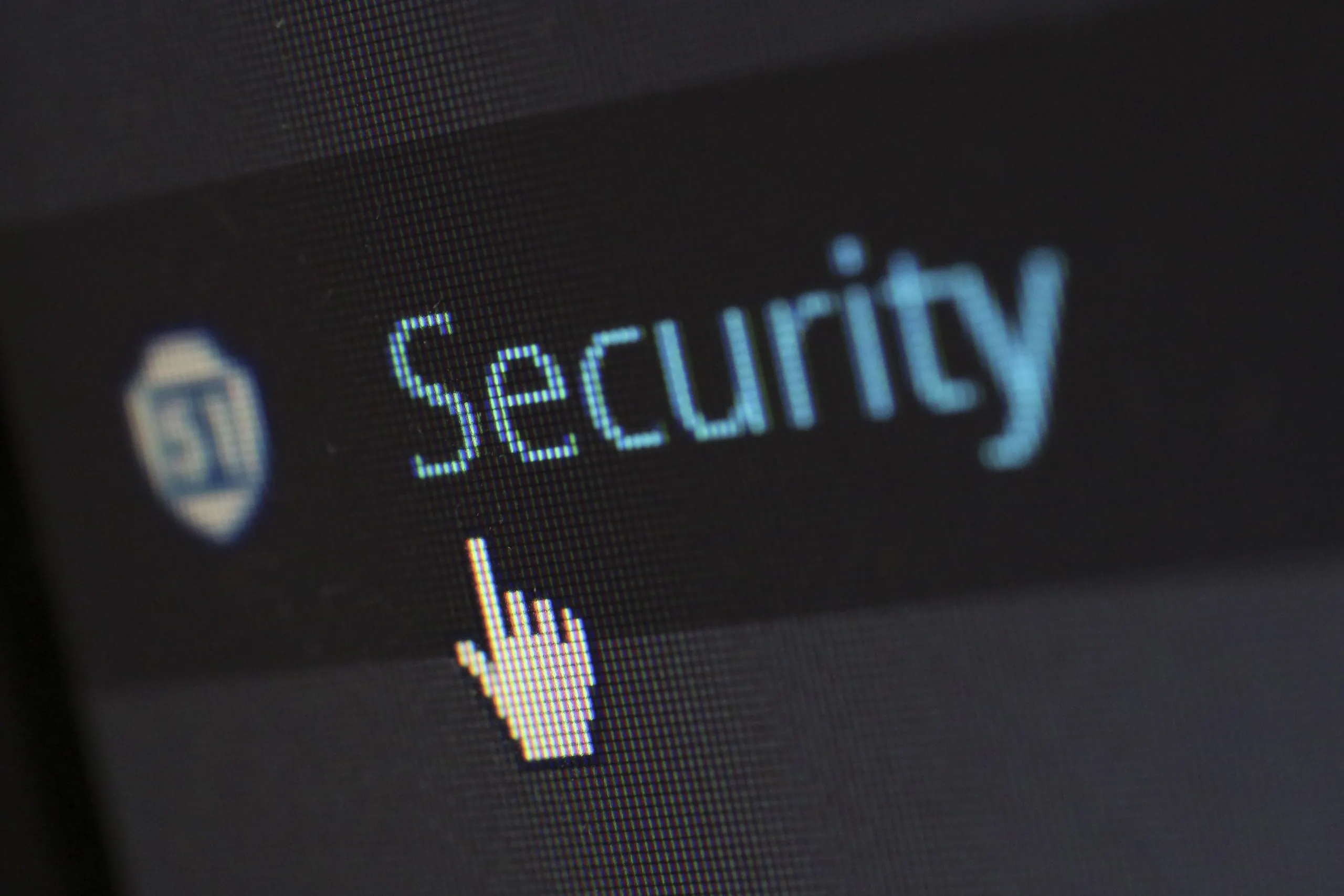The New Normal: Why Cyber Security Should be a Top Priority in the Post-Pandemic World
Why is cyber security a top priority now? The shift towards a more digital existence, the pandemic has also brought about a rise in cyber crime. As more people are spending time online, cyber criminals are taking advantage of this and launching attacks on vulnerable systems. From phishing emails to ransomware attacks, these criminals are looking for ways to exploit weaknesses in the system and steal valuable information. This makes it essential for individuals and businesses to prioritize cyber security and take steps to protect themselves from these threats.
One way to improve cyber security in the post-pandemic world is to adopt a zero-trust approach. This means assuming that every user and device on the network is a potential threat, and implementing strict security measures to verify and authenticate access. This can include multi-factor authentication, access controls, and data encryption. By adopting a zero-trust approach, businesses can reduce their risk of cyber attacks and protect themselves from the costly consequences of a breach.

Rising Threats: The Importance of Cyber Security in the Age of Digital Transformation
As digital transformation continues to reshape the business landscape, cyber security has become more important than ever. One of the biggest challenges facing businesses today is the rise of insider threats. This refers to employees or other insiders who intentionally or unintentionally compromise the security of the system. This can include anything from accidental data leaks to malicious insider attacks.
To mitigate the risks of insider threats, businesses need to implement strict access controls and monitoring systems. This can include logging and auditing all user activity, implementing role-based access controls, and using behavior analytics to detect suspicious activity. Additionally, it is important to provide regular training and education to employees on best practices for cyber security, and to conduct regular security audits to identify and address vulnerabilities in the system.

The Cost of Insecurity: Why Investing in Cyber Security is Critical for Businesses
The cost of a cyber attack can be significant, both in terms of financial losses and damage to a company’s reputation. In addition, businesses may also face legal liabilities and regulatory fines for failing to protect sensitive data. This makes investing in cyber security a critical priority for businesses of all sizes.
One of the most effective ways to improve cyber security is to conduct regular security assessments and audits. This can help identify vulnerabilities in the system and prioritize areas for improvement. Additionally, businesses should implement a comprehensive security strategy that includes a combination of technical controls, policies and procedures, and employee training and education. By taking a holistic approach to cyber security, businesses can reduce their risk of attack and protect themselves from the costly consequences of a breach.

Cyber Crime on the Rise: How to Stay Ahead of the Threats
Cyber criminals are constantly evolving their tactics to stay ahead of the curve, which makes it essential for individuals and businesses to stay up-to-date on the latest threats and best practices for cyber security. One of the most important steps that individuals can take is to use strong passwords and two-factor authentication to protect their accounts. Additionally, it is important to stay vigilant for phishing emails and other social engineering tactics, and other forms of cyber crime; which can be used to trick people into giving away sensitive information.
For businesses, it is essential to implement a comprehensive security strategy that includes a combination of technical controls, policies and procedures, and employee training and education. This may include implementing firewalls, intrusion detection systems, and anti-virus software, as well as providing regular training on best practices for cyber security. Additionally, businesses should conduct regular security assessments and audits to identify and address vulnerabilities in the system.

The Human Factor: Why Cyber Security Awareness Training is Critical for Businesses
One of the biggest vulnerabilities in any cyber security strategy is the human factor. Employees can unwittingly click on phishing links, leave their computers unlocked, or fall prey to other social engineering tactics that can compromise the security of the system. This makes cyber security awareness training an essential component of any comprehensive cyber security strategy.
Cyber security awareness training can help employees understand the risks and threats facing the organization, and provide them with the knowledge and skills they need to protect themselves and the company from cyber attacks. This may include training on best practices for password management, identifying and reporting suspicious activity, and understanding the risks associated with social engineering tactics like phishing emails.

The Cloud: How to Secure Your Data in the Age of Cloud Computing
Cloud computing has revolutionized the way that businesses store and access data, but it also presents new challenges for cyber security. With data stored in the cloud, it can be more difficult to control access and protect against unauthorized access or data breaches.
To improve the security of data in the cloud, businesses should implement strict access controls and encryption protocols to protect sensitive data. Additionally, it is important to work with cloud providers that have strong security measures in place, and to conduct regular security assessments and audits to identify and address vulnerabilities in the system.

The Internet of Things: How to Secure Your Connected Devices
The Internet of Things (IoT) has transformed the way that we interact with technology, but it also presents new challenges for cyber security. With more and more devices connected to the internet, there are more opportunities for cyber criminals to exploit vulnerabilities and launch attacks.
To improve the security of connected devices, individuals and businesses should take steps to secure their networks and implement strong passwords and two-factor authentication for all connected devices. Additionally, it is important to keep devices up-to-date with the latest security patches and firmware updates, and to only connect devices to trusted networks.

Conclusion: Why is cyber security a top priority now
Cyber security is a top priority in today’s digital age, and for good reason. Cyber attacks and data breaches can have devastating consequences for businesses and individuals alike, from financial loss and reputational damage to identity theft and other forms of fraud. By taking a comprehensive approach to cyber security that includes strong technical measures, employee training and awareness, and regular assessments and audits, businesses and individuals can better protect themselves from cyber threats.
In addition to these proactive measures, it is important to stay up-to-date on the latest trends and developments in cyber security and take precautions to protect yourself and your data from emerging threats. With the right approach, it is possible to stay ahead of cyber security threats and enjoy the benefits of the digital age with greater peace of mind.






